Portrait of Gerard Kuiper
University of Arizona, Deparment of Planetary Sciences
Gerard Kuiper
Gerard Kuiper was an American astronomer who lived between 1905-1973. He is considered the father of modern planetary science for his brilliant study of our solar system.
Kuiper developed new techniques of looking at the sky, and discovered a moon of Neptune and Uranus. He also found that Titan had an atmosphere similar to our own.
Kuiper suggested that there was a belt of comet-like debris at the edge of our solar system, a theory that was proven true 20 years after his death.
You might also be interested in:
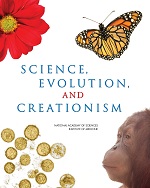
How did life evolve on Earth? The answer to this question can help us understand our past and prepare for our future. Although evolution provides credible and reliable answers, polls show that many people turn away from science, seeking other explanations with which they are more comfortable.
...more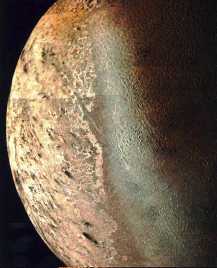
Neptune has // Call the moon count function defined in the document head print_moon_count('neptune'); moons. It also has rings, but its rings are different from Saturn's. Neptune's largest moon is named
...more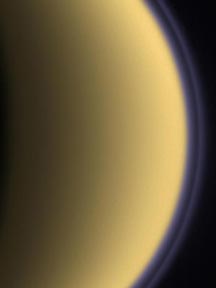
The atmosphere of Titan is made mostly of nitrogen (80-90%), just like the Earth's atmosphere! Titan is the only other place in the solar system with an atmosphere made out of the same thing as the Earth's.
...more
Richard Feynman was an American physicist who lived between 1918-1988. He contributed to many areas of physics, including atomic theory and quantum electrodynamics, which studies electron behavior. Following
...more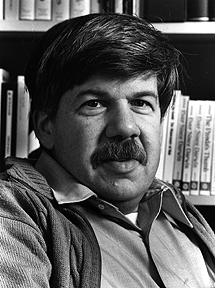
Stephen Jay Gould was an American paleontologist who was born in 1941. He revised Darwin's theory of evolution, introducing his own concept of punctuated equilibrium. This states that evolution is not
...more
Evelyn Granville is an American mathematician who was born in 1924. She was one of the first black women in the United States to receive a Ph.D. in mathematics. She has made many contributions to NASA's
...more
Stephen Hawking is an English
...more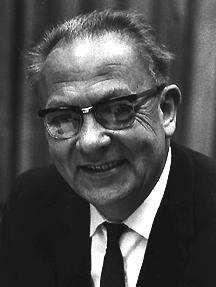
Gerard Kuiper was an American astronomer who lived between 1905-1973. He is considered the father of modern planetary science for his brilliant study of our solar system. Kuiper developed new techniques
...more














